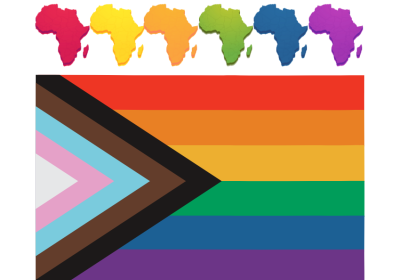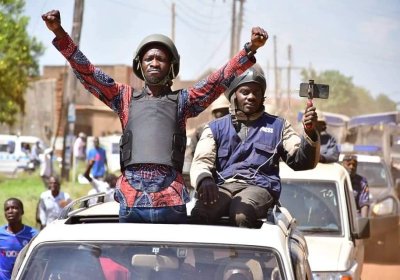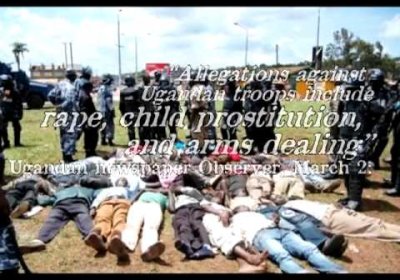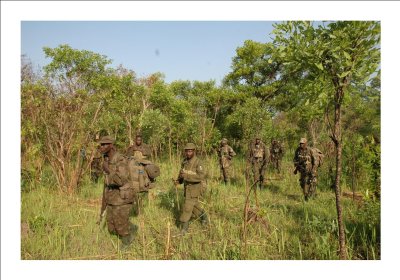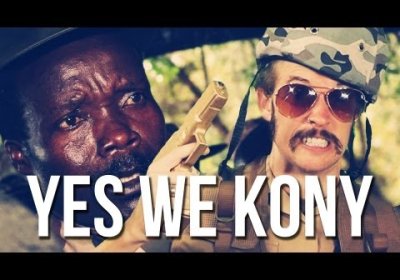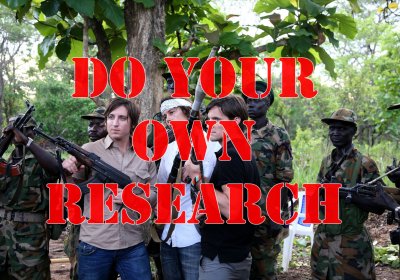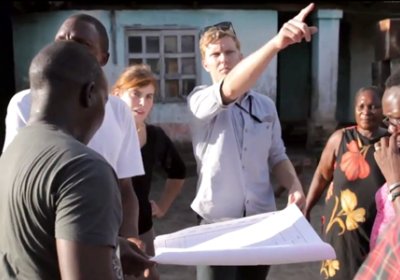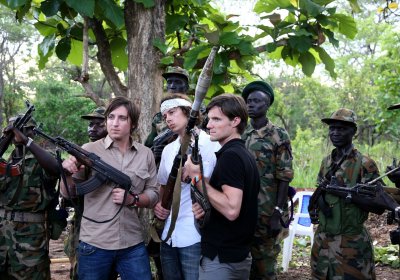Colonial-era laws are still used to oppress LGBTQ+ Africans, writes Efemia Chela, but the struggle to organise grassroots mutual aid and for legal rights continues.
Uganda
Yoweri Museveni, Uganda’s 76-year-old leader who has been in power since 1986, won another five-year term in the January 14 presidential election, writes Yanis Iqbal.
The term “Green Revolution” refers to the introduction of high-yielding varieties of staple food crops, particularly wheat and rice, into Third World countries, starting in the 1960s. The stated aim was to raise food production to end hunger and prevent revolution.
An unstated secondary aim was to raise the penetration of agribusiness into the Third World. Profits could be made by selling the new varieties of seed and the fertilisers, pesticides and equipment that were indispensable to their success.
A video put together by Paul Benedek, seeking to expose the dangerous myths behind Invisible Children's viral film "Kony 2012". Is the focus on Kony justified? Should we support the Ugandan army? Will US intevention help? "Kony 2012": viral activism or viral imperialism?
Invisible Children's “KONY 2012” film, which supports US military intervention in Uganda and has gone viral on the internet, has caused widespread outrage in the central African nation, Al Jazeera said on March 14.
Ugandan newspapers carried front-page reports in recent weeks from the highly respected Social Science Research Council of New York, accusing the Ugandan army of atrocities against civilians in Central African Republic while on a mission to fight Joseph Kony and the Lord's Resistance Army (LRA).
Before Gangnam Style there was Kony - 2012's first globe-consuming meme, which has highlighted the plight of African child soldiering like never before. But is it really good? Is it really bad?
Ugandan newspaper the Observer reported on March 2 serious allegations against Ugandan troops in the Central African Republic (CAR), where they have been present since 2007, chasing the remnants of the Ugandan militia, the Lord’s Resistance Army (LRA).
A telling quote in the film KONY 2012 says: “Who are you to stop a war? — the question is, who are you not to?” I think the question that the people behind KONY 2012, which went viral on the internet on March 7, need to be asked is: “Who are you to start one?” Joseph Kony, the leader of the Lord’s Resistance Army in eastern Africa, is a bad man.
The Kony 2012 film, produced by the Invisible Children NGO, has gone viral over the internet. Viewed more than 14 million times, and widely hailed in the mainstream media, the film targets Lord's Resistance Army leader Joseph Kony for his crimes -- but backs forces in the Ugandan military guilty of similar crimes and supports US military intervention.
- Page 1
- Next page
